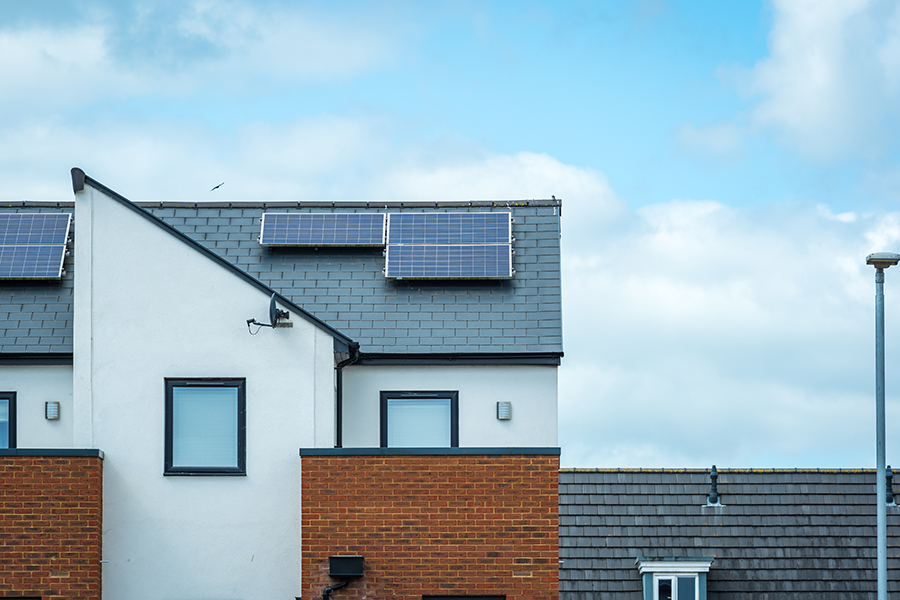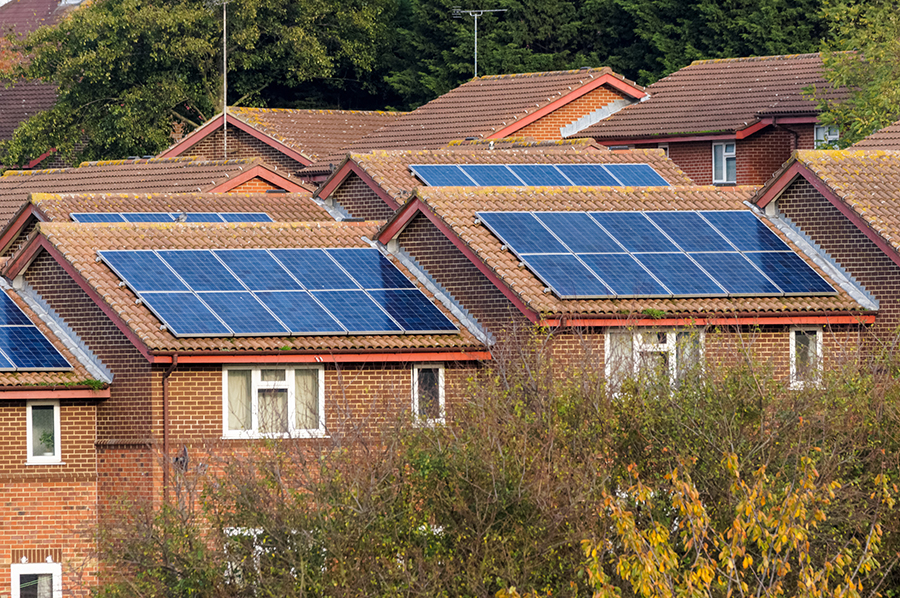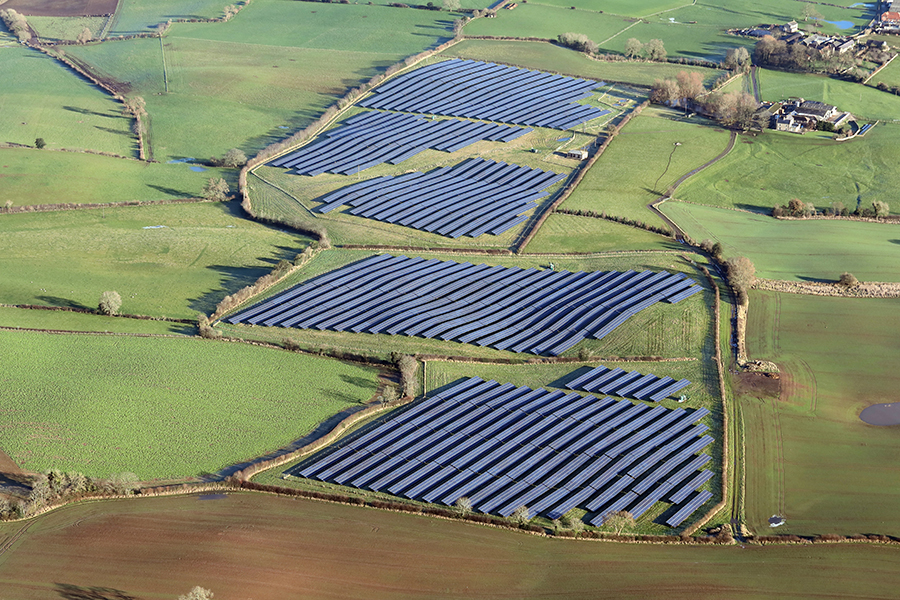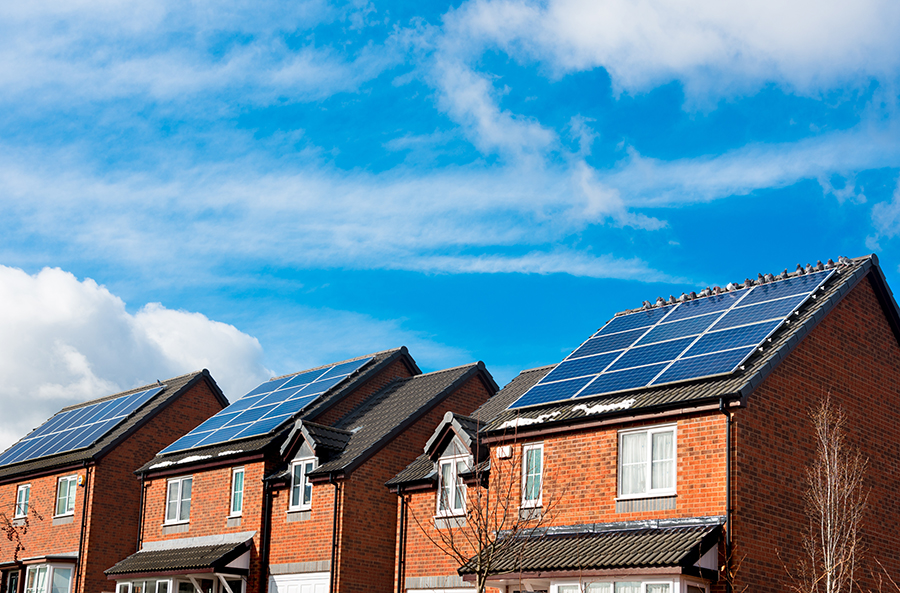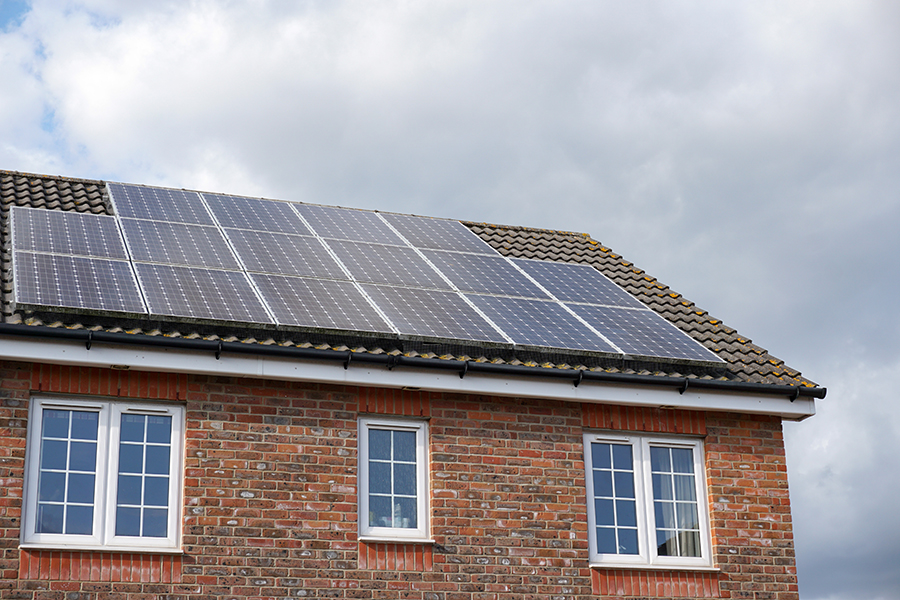Searching for the best solar panels can be a minefield.
There’s so much contradictory advice out there, and you get it wrong at your peril.
These things are a big investment, and they’re going on your house.
You need them to look good, give you energy all year-round, and get you a solid return on your investment.
The obvious thing to do would be to Google Best solar panels, right?
No.
That’s a terrible idea.
Here’s why.
Firstly, when it comes to solar panels, “best in test” doesn’t necessarily mean “best for you”.
The best panels for you will be the ones that match your home and your energy needs. And this will be different for everyone. So, any sales rep who tells you they can get you “the best” solar panels, is a shyster.
Steer clear.
Secondly, the panels themselves are just one part of a wider system. A system that needs to be designed around your home and your needs.
A finely tuned system will give you great performance and a higher return on your investment.
But sticking some premium panels in with the wrong inverter and a battery you don’t need, is just going to give you a sluggish performance and poor returns.
So, rather than aiming for the best solar panels, you should focus on finding the best solar system for your specific situation.
In this article, we’re going to tell you how to do just that.
We’ll walk you through how to choose solar panels, along with the key ingredients to getting a system that will give you the lowest electricity bills, the best performance, and the highest returns.
1. What Does Best Solar Panels Mean for You?
First off, what do you need from a solar panel?
Because so much depends on your priorities. Are you more worried about climate impact, your finances, or design?
Your roof type matters too.
Have a small roof with high energy usage? You’ll need highly efficient panels.
Got a large roof with low usage? Panel efficiency becomes less important.
The reality is that some high-efficiency panels cost way more than they’re worth. Often, your roof just won’t need to work that hard.
Think of it like choosing a bank account.
The account with the highest interest rate doesn’t make it the best deal if high monthly fees eat up all your extra earnings.
Not so “best” anymore, right?
And saving money is likely to be at least one of the reasons on your list for going solar. You need to look at the return on investment for the system as a whole, as opposed to the individual panels.
Remember what we said about it being a system? Everything in solar is about the bigger picture.
Once you know the system you need, and you’ve found a trustworthy installer who can deliver it, then and only then should you drill down into the details of comparing panels.
2. Find the Right Installer
Even the highest-rated solar panels won’t perform if they’re poorly installed.
Your system needs to work flawlessly for 25+ years, so this bit matters.
If you go with a cowboy installer, you risk:
- A poor installation that damages your roof
- Faulty wiring that creates safety hazards
- Improper positioning, limiting energy production
- And really crucially, amateur work could void your home insurance and even reduce the value of your home (ouch, we know!)
A Ferrari engine installed backwards won’t get you very far, but it will do a lot of damage. The same goes for premium solar panels that have been fitted poorly.
Just don’t risk it.
But Alex, how do I find the right installer?
Look for installers with a solid track record who can deliver the system you need. Look for certifications like MCS (Microgeneration Certification Scheme), as this means they meet industry standards.
Check reviews and how long they’ve been in business. Look at Companies House if you can to see their financials.
At Solar Sherpa, we literally made it our business to get this part right.
We check certifications, financials, and reviews. We check the background of the management team, and we get out to check installations.
We’ve even sat in on calls with potential customers to check for any dubious tactics.
Because we know how crucial this part is.
We’d be happy to help you find the right installer for your system (and it won’t cost you a penny), but more on that later.
Once you know what you need and you’ve found the right installer, you’ll be ready to compare options.
3. How to compare
When you’re buying solar panels, you’ll find several pages on the internet with “tests” showing pros and cons for different ones.
The truth is that few truly independent solar panel tests exist. But there is one respected source that’s worth looking at, and that’s PV Evolution Labs. PVEL tests panels for:
- How well they handle temperature changes (e.g., cold nights)
- How well they perform under different temperature and solar radiation conditions
- How well they handle high levels of heat and moisture
- How well they can withstand external pressure (e.g., snow) without cracking
Once you know what you need, these stats will help narrow down your options.
You also want to aim to find a solar panel that combines the following:
- A reasonable price per watt – this one’s tricky because we need to see your whole setup before we can determine what’s reasonable. But as a ballpark, you should aim for an annual ROI of at least 8%.
- Good efficiency (20-21%)
- Long warranties (20-25 years)
- Good performance in independent tests
- From a well-established manufacturer like Aiko, Longi, or Solarwatt.
You might also come across the term “Tier 1” in your search for the best solar panels.
Tier 1 is an American term that some sales reps sometimes use as evidence of solar panel quality.
But Tier 1 doesn’t measure quality.
It’s just a measure of how large and financially stable a solar panel manufacturer is. This is still relevant because you don’t want a company that’s about to go bust, along with your deposit and your warranty.
Just remember, it’s not a measure of how good the panels are.
The Final Word
There’s a lot to consider when you’re buying solar panels.
We got into this business to help people just like you to navigate the minefield of the solar jungle.
We’ve created a free 5-step process that will tell you the tech you need, get you quotes from reliable installers, and help you compare the finer details like quality, efficiency, and cost.
You’ll come away fully informed and in a position to make the right financial decision for your future and your family.
And we meant it when you said it won’t cost you a penny.
We keep everything free because once an installer has been through our thorough vetting process, they pay a fee to be included on our list.
This means we get to help as many people as possible, with no cost passed onto you.
To get started, we just need a few details about your home, energy use, and a few minutes of your time. And we’ll send you a report outlining the exact tech you need.
And you can skip weeks of research, pushy sales reps, and conversations with cowboy installers.

